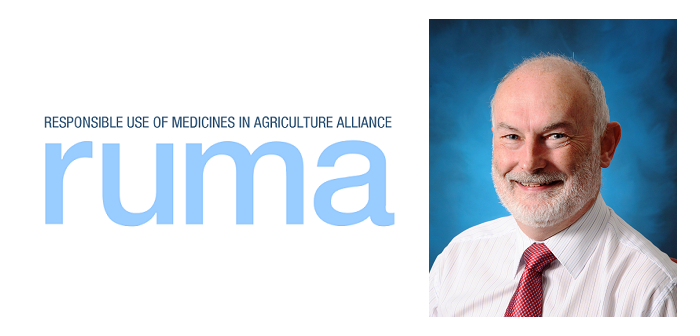Government investment or match funding to help reduce antibiotic use in other EU countries has been highlighted by the Responsible Use of Medicines in Agriculture (RUMA) Alliance as a vital point which is lacking from the UK Government’s positive response to Lord O’Neill’s Review on Antimicrobial Resistance (AMR).
RUMA has stated that Government backing in competitor countries like Germany, the Netherlands and Denmark has allowed “significant improvements to facilities” to be achieved in relation to reducing the use of antibiotics and that such an approach in the UK would address a similar failure in the market and “accelerate positive change”.
While being generally welcoming of the Government’s stance on O’Neill, the Alliance added that it has concerns over whether the farm industry will be able to access the capital investment needed to create the required step-change in antibiotic use.
“The UK farming industry is being asked to play its part in reducing antibiotic use by around 19% by 2018,” said RUMA’s secretary general, John FitzGerald (pictured above). “This will be testing, but we are confident and determined that the industry can rise to the challenge.”
At the same time, however, he added that there was no recognition in the Government’s response of the huge role capital investment could play in reducing the need for antibiotics in farming, and where that investment could come from.
“Farmers have already identified housing and infrastructure as a major challenge,” he said. “In pig farming, some aspects of poultry production and calf-rearing especially, modern housing with improved ventilation and hygiene could provide a step-change in the need for antibiotics to treat diseases linked to these factors.
“But with many sectors continuing to work off tiny margins and competing with European and global imports, the Government needs to take a serious look at how it can ‘prime the pump’ when the market is unlikely to provide sufficient returns to fund these changes itself.”


